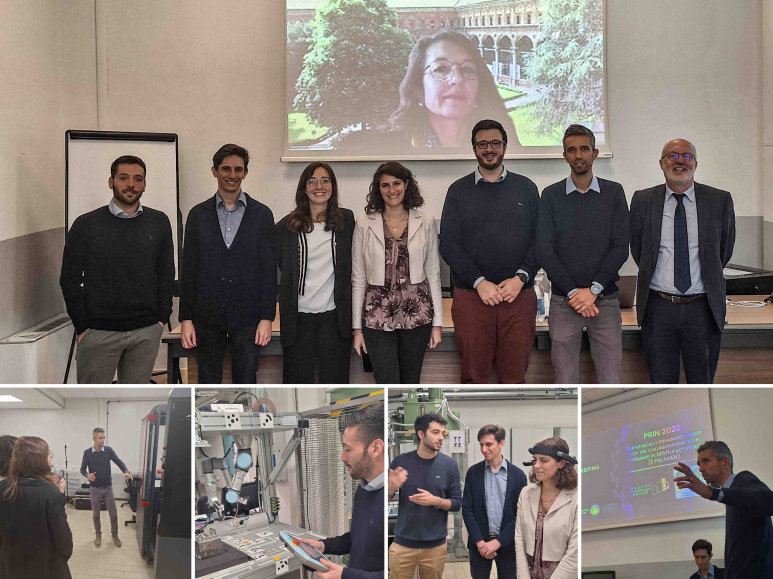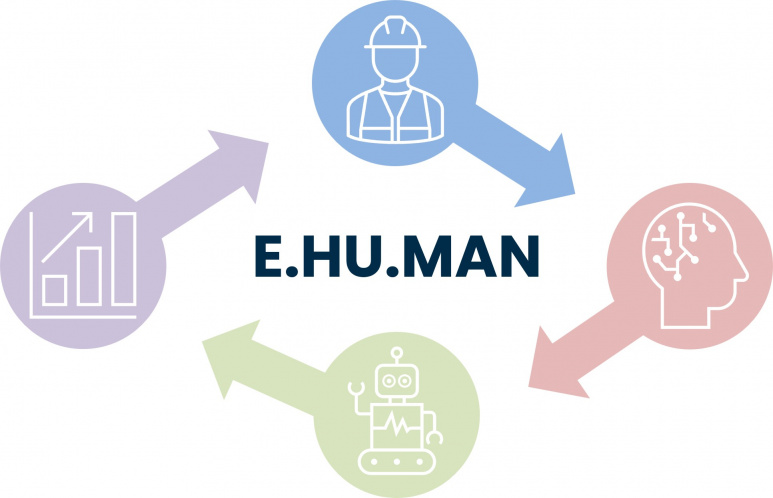E.HU.MAN Project: Politecnico di Torino and Università Cattolica di Milano Join Forces for Advanced Human-Robot Collaboration in Manufacturing
Today marked the start of the PRIN 2022 project entitled "Empathically enhanced robot for the collaboration with HUmans in MANufacturing (E.HU.MAN)". The kick-off meeting for this project was held at the Department of Management and Production Engineering of the Politecnico di Torino.

Under the leadership of Professor Luca Mastrogiacomo, the principal investigator and project head, E.HU.MAN aims to break new ground in the realm of human-robot collaboration in manufacturing. The project is a synergy of engineering expertise and cognitive neuroscience, bringing together resources from the Quality Engineering Group of Politecnico di Torino and the International Research Center for Cognitive Applied Neuroscience (IrcCAN) of Università Cattolica di Milano, led by Professor Balconi Michela.

The primary objectives of the E.HU.MAN project are threefold:
- Assessment of the Impact of HRC on the Operator: The project aims to develop standardized tests to evaluate the psychophysical state of the operator during HRC (Human Robot Collaboration) tasks. It recognizes the need to ensure that human operators are not adversely affected while working closely with robots.
- Human Psychophysical State Modelling: E.HU.MAN seeks to create real-time models that can recognize and interpret the human operator's psychophysical state. This involves integrating various information sources, such as physiological signals and process states, to better understand human responses.
- Optimizing Cobot Behavior: Cobots, or collaborative robots, are designed to work alongside humans. The project aims to design adaptive behavior models for these cobots, specifically tailored to dynamically enhance ergonomics and human well-being in industrial settings.
The collaboration between Politecnico di Torino and Università Cattolica di Milano highlights the value of interdisciplinary research, gently merging engineering skills with insights from psychophysiology and cognitive neuroscience. This blend of knowledge aims to enhance the understanding and efficiency of how humans and robots interact in manufacturing environments.

